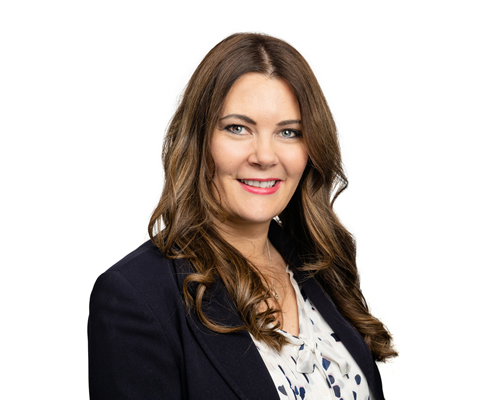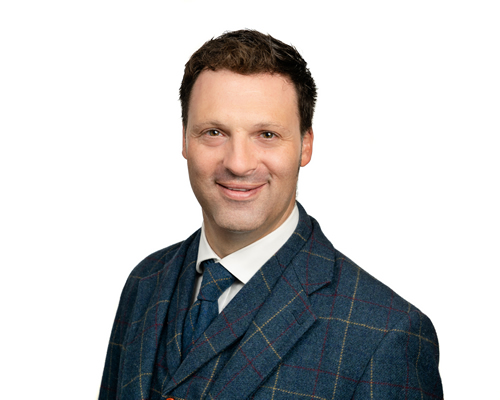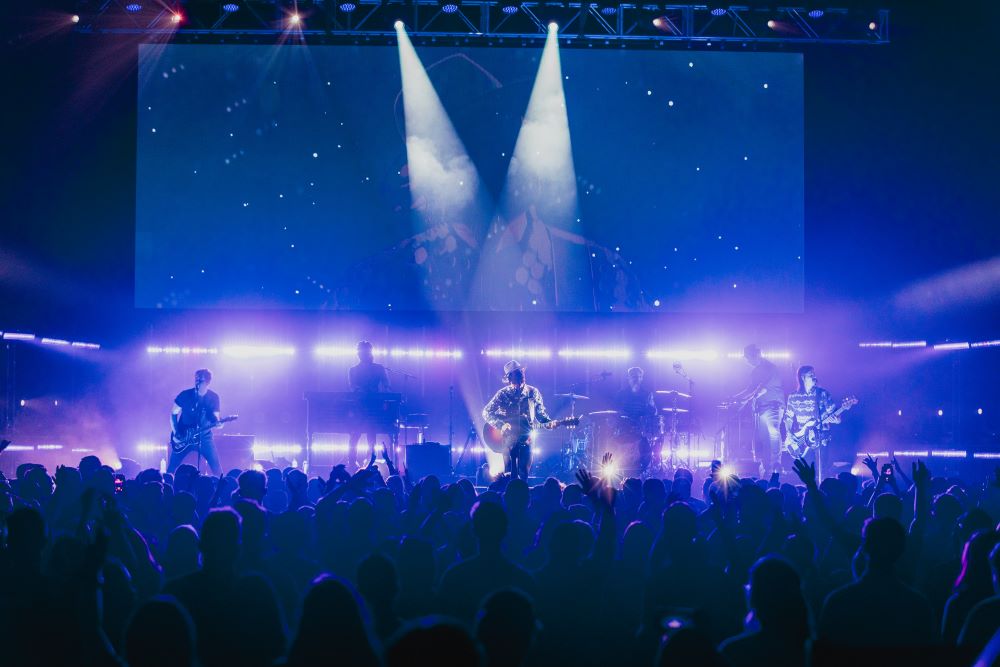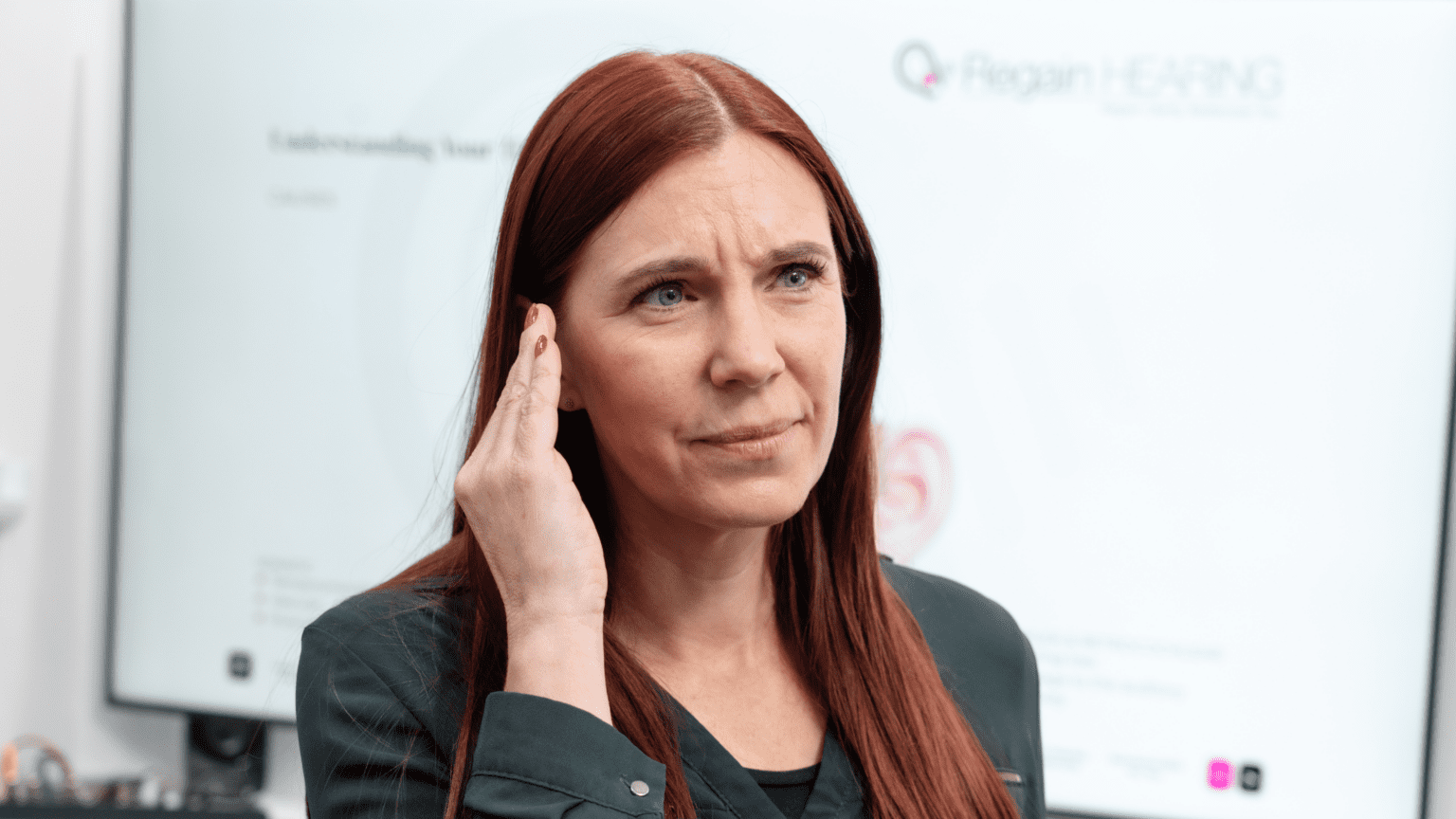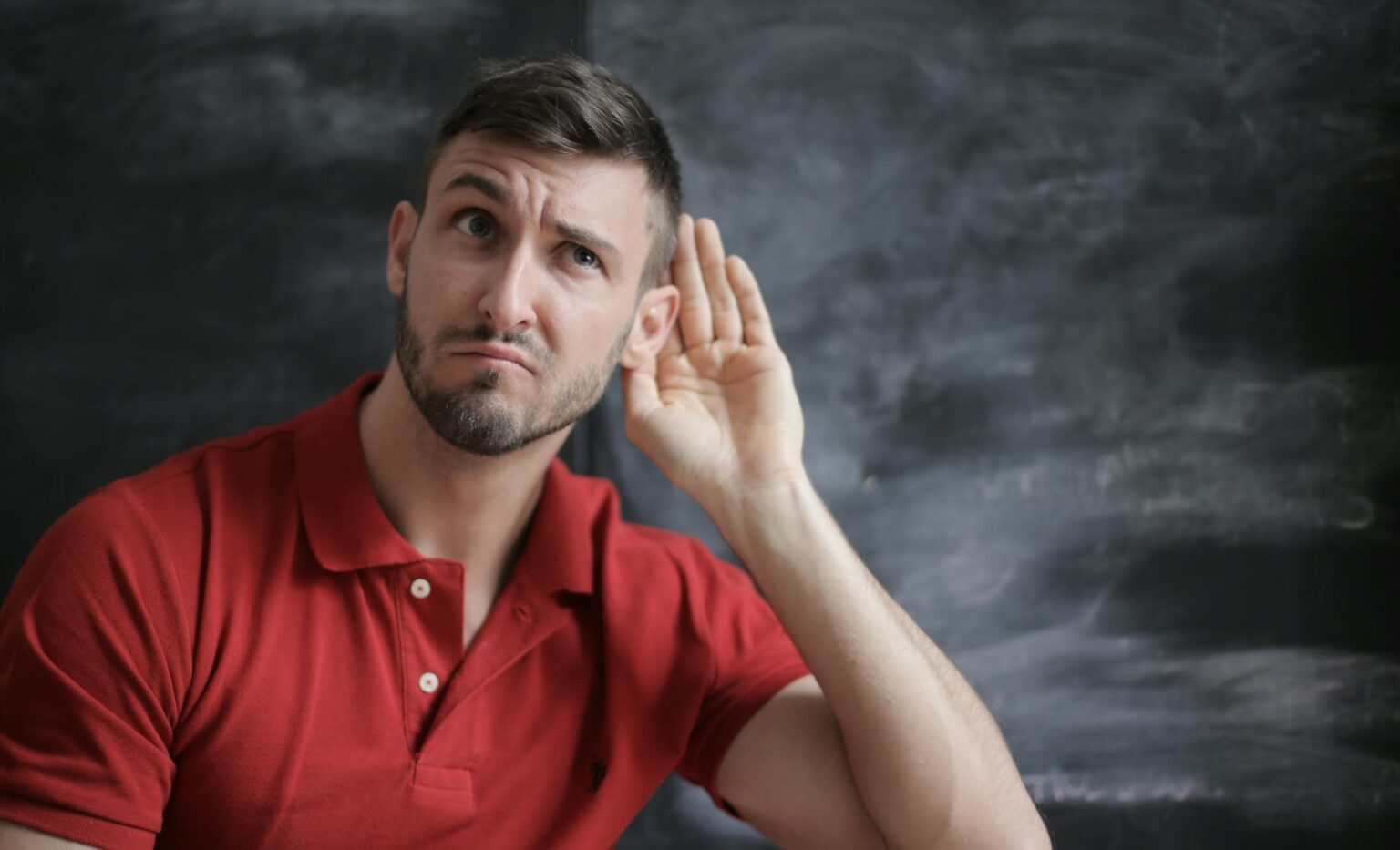It’s easy to get swept along at a music concert, no matter whether you’re enjoying a thundering symphony orchestra, rendering famous classical works, or your favourite rock band blasting out music in a stadium. But after several extra-loud hours of any type of music, the ringing often begins.
Packed into a tiny club or packing out a massive stadium, it’s likely that most of us who’ve experienced amplified live music have walked away with our ears still ringing. And depending on just how loud that last gig was, that ringing or high-pitched whine can sometimes take a couple of days or longer to fade away.
Ringing ears after being exposed to loud music are an irritation we try to ignore — but there’s no getting away from the fact your ears are ringing is an alarm call, letting you know you’ve done some temporary, or maybe even permanent, damage to your ears.
How Loud Is Too Loud?
To understand a little more why our ears ring after noisy events, it helps to know just how loud different sounds are. Sound energy travels in waves, and the decibel is the unit for measuring the intensity of a sound (better known as its amplitude). Most of us are familiar with the decibel (dB) as a measure of sound, but fewer are aware of just how the decibel measurement ratio works.
That’s because the decibel scale measures an increase in audio volume exponentially. Rather than an increase that rises in a steady straight line, exponential growth is a dramatic upward curve caused by a quantity constantly increasing over time by the factor of itself.
With this in mind, a rise in amplitude from 10 dB to 20 dB doesn’t mean something is simply twice as loud. A 10 dB rise in the decibel scale signifies a 10 times increase in the level of sound pressure. This means a 20 dB increase in volume means a noise has just got a hundred times louder than it was.
Now we know how the decibel scale works, we can find out where some everyday sounds sit along it. This makes it easier to understand just how loud a music concert is in comparison and why ringing ears after concert events occur so regularly.
At the lowest end of the decibel scale are the barely audible sounds, such as breathing, which registers at about 10 dB. Ten times louder, at 20 dB, are soft sounds like whispering and the rustling of leaves. The volume of our regular conversational voices is around 60dB, and 10 times louder than that again, at 70 dB, is the background noise of busy city traffic.
We get into the zone where there’s a risk to hearing at roughly the 85dB mark, which is the approximate volume of things like power tools and lawnmowers, louder noises, yet ones that are only likely to do damage with prolonged exposure. When you get to 120 dB, this marks the beginning of the threshold beyond which noise becomes both painful and dangerous.
At the high end of this are extreme sounds, like gunfire and jet engines at around 130 dB or the launch of a space rocket at over 140 dB. And, right at the threshold of this danger zone, between 110 dB and 120 dB, is the average volume of a music concert!
Now, we can see just how loud this type of event is. If a moving truck makes noise of 80 dB (where noise is classified as loud), then a 120 dB rock concert is actually 10,000 times louder!
Sound Waves and The Hearing Process
Our ears are the most amazing instruments, able to detect the subtlest variations in air pressure. Because sound is produced by an object vibrating, those vibrations reach a listening ear as waves, so what our ears detect as they hear is actually changes in air pressure.
Travelling sound waves are funnelled down the ear canal to meet the tympanic membrane (the eardrum), separating the outer ear from the middle ear. The tympanic cavity of the middle ear contains three tiny bones (the smallest in the human body); these are the malleus (also called the hammer), incus (the anvil), and stapes (the stirrups).
Sound waves cause the circular membrane of the eardrum to vibrate, which in turn vibrates these small bones behind, making them work together as a type of piston-lever that amplifies these detected movements to effectively transmit the airborne message into the pressurised, fluid-filled inner ear. Within this spiral-shaped cavity, called the cochlea, the transmitted vibrations stimulate specialised hair cells, which convert them into electrical impulses carried along the cochlear nerve, also known as the auditory nerve. They are finally carried to the brain to be interpreted as sound.
Ringing Ears after a Concert. How Long Does It Last and Why Does It Happen?
It’s clear that the ear is sensitive. Go to loud events, like a sports match, firework display, or music concert, and you can suffer from a ringing noise that sustains for hours or days afterwards. You may also find it difficult to hear low-level noises you’d normally pick up for a while.
Loud noise is particularly harmful to the inner ear (cochlea), where the sensitive hair cells that translate vibration into electrical impulses are located. On average, each inner ear contains about 16,000 hair cells, which stand like tiny blades of grass, bending as they receive vibration from sound waves. The high pressure of very loud noise can flatten some of these delicate hair cells, resulting in reduced hearing until they recover their function by straightening back up. Even though the effect is often temporary, ringing ears after concert events usually warn this has occurred.
However, if your ears are exposed to excessive, regular loud noise, damaged hair cells will begin to die. If this happens repeatedly and too many hair cells die, symptoms will emerge, such as not being able to separate quieter sounds, like speech in environments with louder background noises. These destroyed hair cells cannot be replaced. And by the time you’ve noticed, it’s too late.
Sustained loud noise can also damage the auditory (vestibulocochlear) nerve carrying sound information to the brain. Damage to the auditory neural system is usually permanent, and harmful effects can continue even after long-term exposure to loud noise has stopped and lead to noise-induced hearing loss,
Tinnitus symptoms, such as ringing, buzzing, and clicking sounds in the ears, can also be a result of damage caused by noise exposure. In most cases, it will gradually disappear. However, if you are still experiencing symptoms after a couple of weeks, it’s highly advisable to get a private hearing test with a qualified audiologist at a specialist hearing clinic.
What Are Concert Ear Plugs?
We know prevention is always better than cure when it comes to sensitive instruments like our ears, which can suffer damage beyond repair,
For those who work in the live music business or just enjoy regularly attending a music concert, earplugs are the simplest and safest option for protection. At all Regain Hearing specialist hearing clinics throughout London and Kent, we stock the best hearing protection, from noise plugs for everyday use to custom earplugs moulded to your unique ear shape.
As a leading private hearing specialist, our custom-made earplugs are guaranteed to protect against loud sound. They are a must for those whose work demands they operate in loud environments, be it an industrial site or an airport. Yet for those affiliated with the music business, as a maker or lover of music, the importance of crystal-clear hearing is paramount.
Regain Hearing is a private audiologist with a reputation for providing industry-leading services from our award-winning clinics. That’s why we teamed up with ACS, the UK’s leading manufacturer of bespoke custom-fit moulded earplugs, specialising in products designed with music and people working within the music industry in mind.
These exceptional earplugs provide comfort combined with a perfect seal. With seven filter options available, you can be sure to get the minimisation level right for you from products engineered to reduce noise without dulling the listening experience.
So next time you go to a music concert, get there prepared with quality earplugs, and you’ll leave with nothing in your ears but the sound of applause!
For more information on hearing tests and protecting your hearing with our selection of high-quality ear protection, contact your local Regain Hearing clinic in London or Kent.

